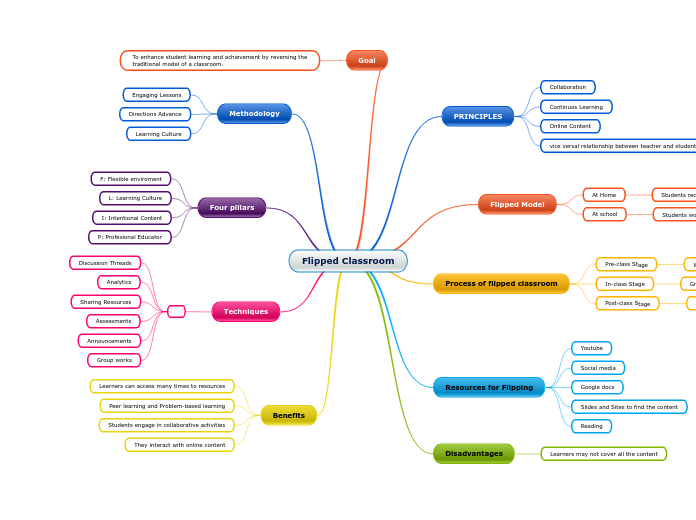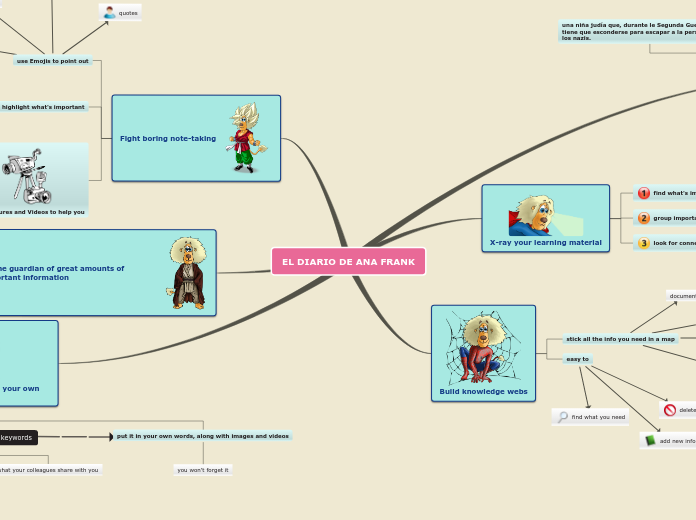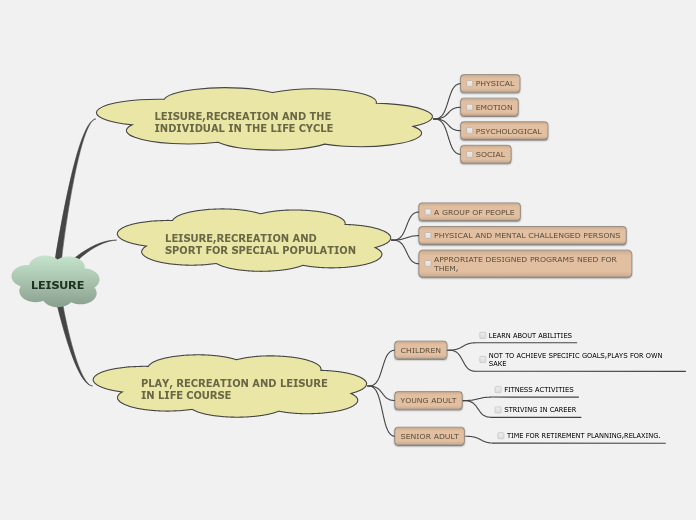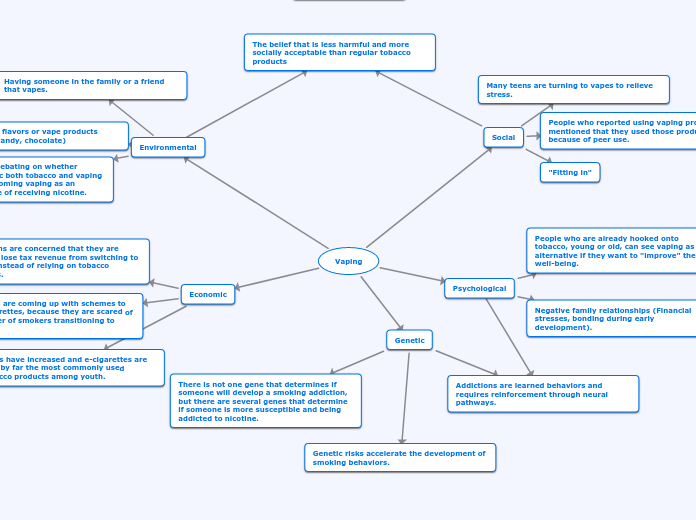What Influences Criminal Behavior?
Positive (modern)Criminology
Sociological theories
relationships
Social Control theory
Labeling theory
stress
Strain theory
Anomie theory
Differential Opportunity theory
social class
Radical Crime theory
Middle Class Measuring Rod theory
Lower Class Focal Concern theory
family/peers
Differential Association theory
The principles of Sutherland's Theory of Differential Association can be summarized into nine key points:
1. Criminal behavior is learned.
2. Criminal behavior is learned in interaction with other persons in a process of communication.
3. The principal part of the learning of criminal behavior occurs within intimate personal groups.
4. When criminal behavior is learned, the learning includes techniques of committing the crime, which are sometimes very complicated, sometimes simple and the specific direction of motives, drives, rationalizations, and attitudes.
5. The specific direction of motives and drives is learned from definitions of the legal codes as favorable or unfavorable.
6. A person becomes delinquent because of an excess of definitions favorable to violation of law over definitions unfavorable to violation of the law.
7. Differential associations may vary in frequency, duration, priority, and intensity.
8. The process of learning criminal behavior by association with criminal and anti-criminal patterns involves all of the mechanisms that are involved in any other learning.
9. While criminal behavior is an expression of general needs and values, it is not explained by those needs and values, since non-criminal behavior is an expression of the same needs and values.
source:Wikipedia
Criminal Family theory
Social Learning theory
where you live
Broken Window theory
Chicago School theory
Psychological theories
Pyschopathology theory
Moral Development theory
Psychoanalysis
Biological theories
Somatotypes theory
XYY Defect
Phrenology
IQ
Mental Age
Atavism theory
Classical Criminology
Rational Choice theory
Hedonistic Calculus theory
Free Will theory









